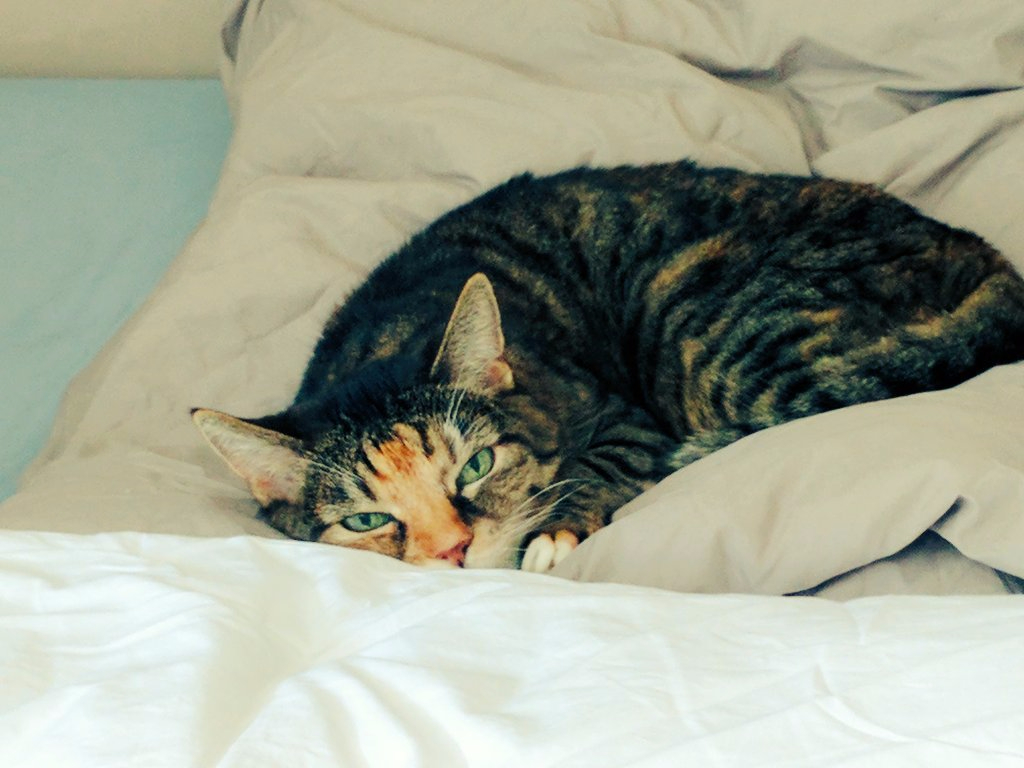
Have times changed. Early in my career, I used to be sceptical about student input into services and learning. Turns out I learnt this from my elders. My education was – with noble exemptions – fairly top down: school, university, peers – the established order knew better, and students could not be trusted to make decisions about their own learning. Everywhere else, including in universities, it became all about self-regulation, but students were somehow different – assumed to be self-indulged and opportunistic. In earlier blog posts, I have held up the values of a hard education and how it has built the resilience I nowadays benefit from. And that wasn’t wrong, but I used to overlook the part where students can be much more than clients or consumers – they can, and should become true partners. And most want to be challenged, not spoon fed.
A slow learning process
This is something I’ve learnt over roughly the last year. It began with a consultancy project: we asked a group of students to help us reach out more successfully to their peers using social media. The results were nothing but eye-opening. Our Facebook reach (the recommended channel to reach out to our current students) jumped from single-digits to regularly to over a thousand. And since we’ve learnt to not just inform them about what we do, but provide valuable content they can work with, their online engagement has risen even more. What this means is for another post, but the lesson here was that the students were ready to engage, which often eluded us in what we often think of the ‘real world’. In truth, it was us our insistence on them answering our emails (haha) and showing up when we wanted them to do so who stood in the way of success. Lesson learnt: listen to your students and go where they are.
Build it and they will come … or maybe they will stay home and watch cat pictures

Build a bed and I will sleep on it
It’s interesting that the above approach now is being used by employers, who use online (and social media) channels to engage the students where they are, increasingly offering them options they actually find attractive. For that, we have to understand that with the incoming student generation, online is just as valid as offline – and it is time that universities learn that about them. I recently sat in a development session with alumni and student entrepreneurs – we are jointly working on improving our start-up offer – and it was amazing to behold the differences in the way ‘we’ (education professionals) looked for solutions to simple questions about learning how to run a business and how ‘they’ (students and alumni) addressed actually addressed them. It was an educating experience. My learning is that whenever we think we know what is best for the students, it’s time to make sure we have them in the room to lead us towards what they actually need. We should neither consult them and then railroad them into what ‘we know is best for them’, nor just do all the things a random sample of students will tell us on the day. It’s a long process of mutual listening, but hey, as educators, using our qualitative research skills doesn’t hurt a bit. Let’s build services that reflect this approach.
A community of learners
The central truth that I have learnt by working closely with students and alumni over the past year, has been to observe how they build communities – and that almost completely managed and driven online. A space without community means nothing to them – build it, and they probably will chat online about how they want a different space. Build a bespoke online space, and they will use a different channel to – you get the (cat) picture. Don’t only ask them, join them in their places – whether online or in person (that difference matters less and less). It is in valuing and treating them as equals and partners where true student engagement happens. Do I always get this right? Absolutely not, but I have students and alumni whose judgement I trust and who will help me understand them and their needs.
Now that I think about that, they have taught me something – they have engaged me in a learning community where ideas are shared and concepts are worked out together. What a great student experience I had!
